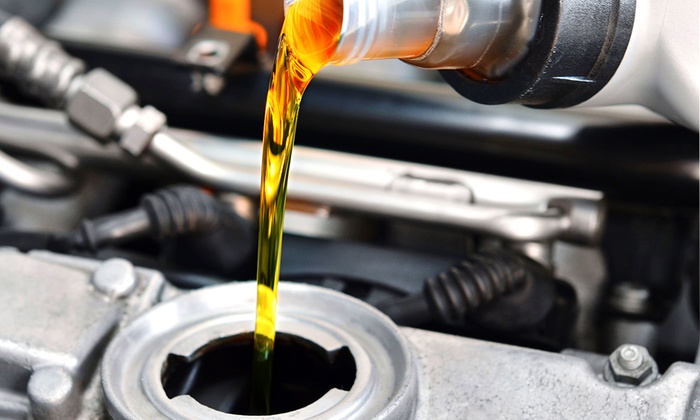Common Car Engine Oil Myths: Debunked!
Date Posted: 26 June 2018
Every car owner has their own share of myths or tales from the old folks that they kind of used to believe in. Although they haven't really experienced such things first hand, they tend to believe such myths especially if it comes from someone older than them or someone who has been maintaining a car for a longer time than them.
Previously, we had an article about general car myths. But today, we will focus on car engine myths that most of us might not be aware of its authenticity.

1. Change oil every 3,000 kilometres
Well, we can say that for a time, this was a fact. However, with the development of improved engine oils these days, most car manufacturers recommend to have the oils changed every 7,500 to 10,000 kilometres. Thanks to the upgraded anti-wear protection technology of most fuels these days. Not only that, but most new car model releases are equipped with an oil life monitoring system that tells the car owner when an oil change is needed, regardless of the kilometres driven.
2. Switching to synthetic oil says goodbye to conventional oil forever
As a matter of fact, no harm is done to your engine if you switch back to conventional oil after changing to synthetic oil. Synthetic oil blends often have conventional oil content, so its amount was just the one primarily changed.
3. Oil additives can enhance your engine performance
On the contrary, these oil additives may negatively impact your car engine since it may have a bad effect when mixed with high-performance fuels. There is a tendency to upset or misalign the oil chemistry of fuels that are already formulated with such additives. In the long run, these additives may also clog up your oil pick up or pump.
4. Premium and high-octane gasoline works better for every car
It all boils down to its compatibility with your engine. High-compression engines, like those equipped in sports cars require high octane gas due to the way those engines “squeeze in” gas and air, which high-octane petrol are able to stick it up in the engine. Majority of commercial vehicles are equipped with lower compression engines, so they do not have the problem about the air and gas being compressed tightly. So that is the use of a high-octane fuel, and it won't make your kilometres better nor make the engine to run smoother. But some high octane fuel has a cleaning agent in it so it keeps the combustion ports nice and clean.
